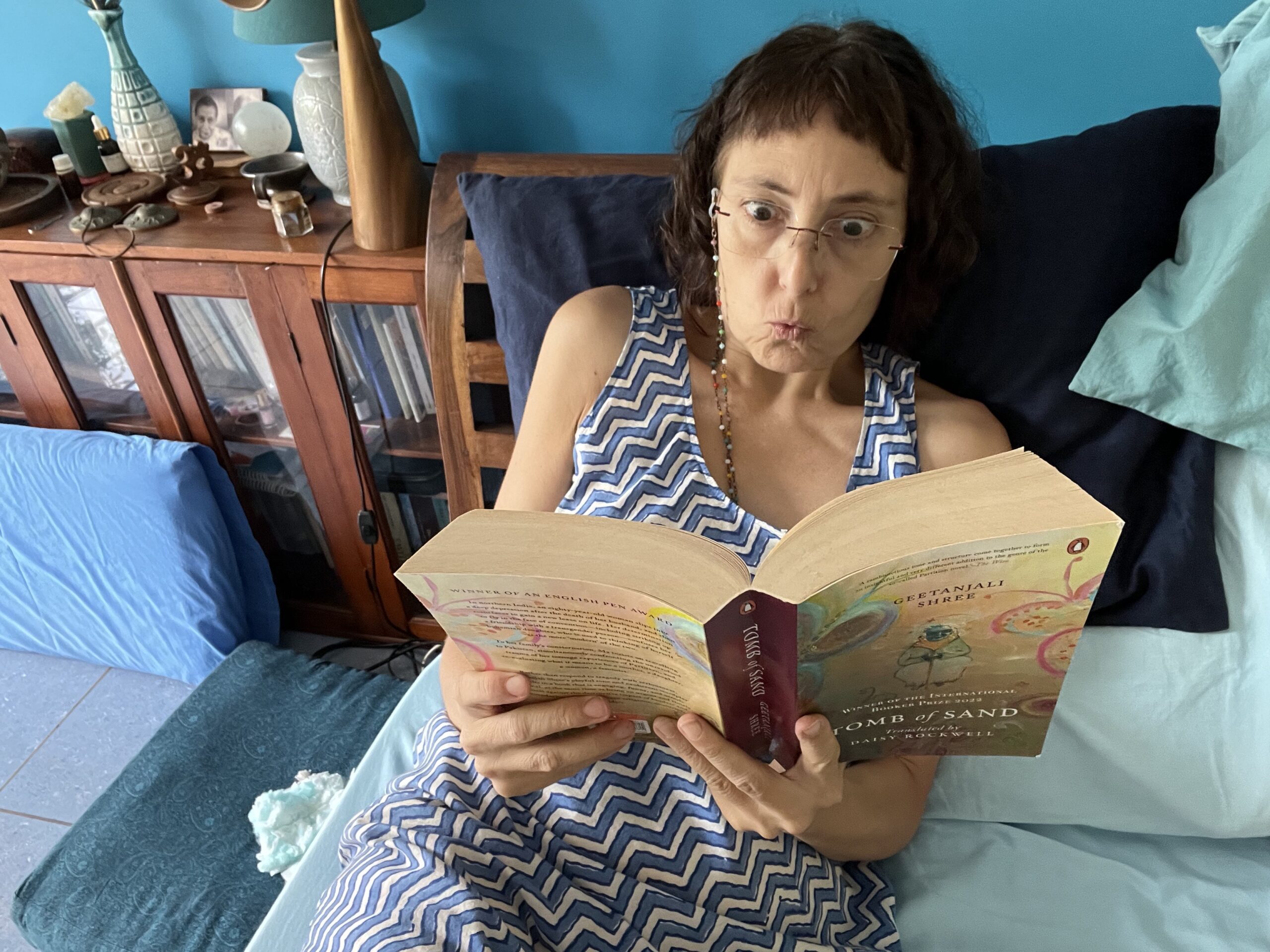Life is often trivial. So in recounting life, one often writes about trivial things. One recounts everyday incidents that may not even be worth recounting. Or one sets out to invent fantastic stories where, however, situations, facts and events almost always occur that are what generally happen in all fantastic stories. After all, almost all stories have been written by now. It is very difficult that is a story has not already been thought of and put on paper by someone. But you see, it is not so much what you write that should not be trivial but how you write it. After all, the whole point of our writing adventure is condensed into finding our own way to write the things that perhaps anyone else would write or has already written. Think, for example, of a simple mundane event such as might be the story of two people, a man a woman, a boy and a girl, who want to get married and someone wants to prevent them from doing so. In how many ways has this story been told? Shakespeare’s Romeo Juliet. All the way to Manzoni’s Promessi Sposi, just to name one. Each of these versions of this of the same story is different and powerful because it was written in a way that only that author could write it.
Exercise
Select a mundane story that you can take from among the many things that happen to you in your day, such as going grocery shopping. Describe the first one in a very simple way. Then describe the by bringing out your point of view about that experience. Find your point of view, the way you experienced the event of going grocery shopping. Did you find a particular emotion? Disappointment at not finding what you were looking for? Annoyance at the long line for of the checkout? Did you find annoyance about a person who was in the supermarket? Did the music in the background entertain or bore you? Describe your subjective experience in a mundane place in a mundane experience such as going shopping in a supermarket or grocery store. Maybe you want to write about the impact of capitalism and commodities. Or maybe you find the humorous side of the situation. Or something that happens during the mundane experience awakens distant memories or ideas for future action in you. Find your point of view and make the description of a mundane experience and subject something unique.
I’m not aware of any writers who have specifically talked about “writing trivialities,” but there are certainly writers who have explored seemingly small or insignificant topics in their work. Here are a few examples:
- Lydia Davis – Davis is known for her short stories that often focus on seemingly trivial or mundane moments from everyday life, such as washing dishes or waiting for a train. Her writing is often praised for its attention to detail and its ability to reveal unexpected insights about the human experience.
- Raymond Carver – Carver’s stories often focus on working-class characters and everyday situations, such as a couple having a conversation over dinner or a man driving his kids to school. Despite their seemingly small scope, Carver’s stories are known for their emotional depth and their ability to capture the complexities of human relationships.
- David Sedaris – Sedaris is a humorist known for his essays and stories that often focus on the small details of everyday life, such as his experiences working as an elf at Macy’s during the holiday season or the antics of his family members. His writing is often praised for its humor and its ability to find the absurdity in everyday situations.
These are just a few examples, but there are certainly many other writers who have explored seemingly trivial or insignificant topics in their work.





